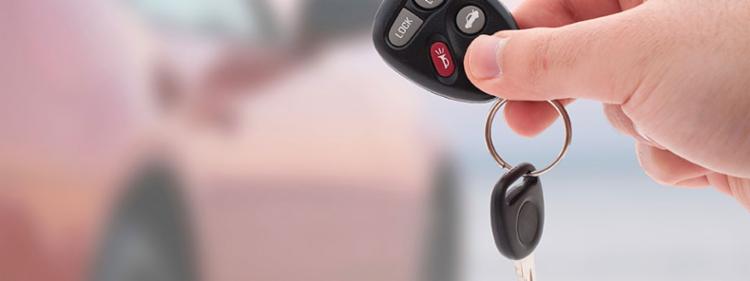Can You Lease a Pre-Owned Car?

Can You Lease a Pre-Owned Car?
Yes, in many cases, you can lease a pre-owned car. You may be able to get a used car lease from your credit union, bank or local dealer. In fact, leasing a pre-owned car can sometimes be more cost-effective than leasing a new car.
Pre-owned car leases start out at a lower capitalized cost, and if you choose a vehicle that holds value well, your payments can be much lower than what you would pay for a brand new vehicle. But whether it is a good choice for you depends on your needs, budget and options. Read on to find more tips and insights into leasing a used car. Just make sure you're covered with an affordable car insurance policy.
Advantages of Pre-Owned Car Leasing
Many of the same benefits apply to leasing used as to leasing new. In some ways, it can be even better. For example:
- Lower payments: The lion’s share of any lease payment goes toward depreciation. Since most depreciation occurs during the first two years after a car sells, there is less of a gap to cover with pre-owned leases. Also, the capital cost is lower for a pre-owned car than for a new car, just as it would be for the sale price.
- Major repairs covered: If you negotiate well, you can get a used car lease with great repair coverage. Since used cars more than 3 years old are twice as likely to need repairs, according to Consumer Reports, this can make or break the deal. If you cannot get comprehensive breakdown/repair coverage as part of the used car lease, it’s probably best to avoid leasing. Getting stuck in a lease agreement with a car that won’t run is a nightmare no one wants to face.
- Turn it in and walk away: Like new car leasing, used car leasing offers the freedom to bring the car back and walk away with a different one at the end of the term. If you have negotiated the lease agreement well and haven't exceeded your mileage limits or wear and tear, you should owe nothing at this point and be free to buy the vehicle or start a new lease.
Why Some Dealers Love Pre-Owned Car Leases
Many companies that advertise used car leasing are taking advantage of the downturn in the economy. They cater to those who face the misfortune of bad credit and low income and charge exorbitant interest on pre-owned leases because they can. According to one used car leasing company interviewed by the LA Times, "This is meant to be a short-term solution for people who are in a bad situation." There is a long list of benefits for the dealer, most of which do not work in your favor:
- The dealer keeps a large chunk of the down payment as profit.
- There are fewer state limits on lease interest rates and fees, compared to auto loans.
- The dealer can repossess the car because the dealer owns the car.
- The dealer pays sales tax over time, instead of up front.
- There is an activation fee each time a customer trades in for a different car.
- The dealer gets the car back at the end of the lease and starts the cycle again.
How to Get the Best Deal on a Pre-Owned Lease
The number one rule to remember if you decide to lease a new or used car is that almost everything is negotiable. Do your research by finding the Kelley Blue Book or NADA Guide value of the car you would like to lease. Finance magazine Kiplinger advises that you focus on three numbers when you sit down with the lender or the dealer:
- The capitalized cost: This is roughly equivalent to the purchase price if you were buying the vehicle. The dealer may try to hike this price up while keeping your monthly payments lower than they would be in a loan. Negotiate to bring this number as low as you can to save on the lease.
- The residual value: This number is an estimate. It sets out to predict how much the car will depreciate over the course of the lease and how much the car will be worth when the lease ends. If you set it too high, you can keep your payments lower, but you may have to make up the difference in value when you end the lease by paying out of pocket. If you set it low, you pay a little extra each month, but you can usually walk away from the lease without paying more.
- The money factor: This is an indicator of the interest you pay on pre-owned leases. The lower the number, the lower the interest you will have to cover each month.
Also pay attention to the mileage limit on the lease, as the charges for extra miles can add up quickly. If you find that you cannot work out the pre-owned lease to a reasonable payment without putting down a large sum up front, you may be better off simply walking away and buying a similar used car instead.
Before you get on the road with your pre-owned car, make sure you're covered for a price you can afford. Finding auto insurance to cover the way you use your car - from the distance you travel to the type of risks you face based on where you live - can be easy with an independent agent. Independent agents are ready to help.
